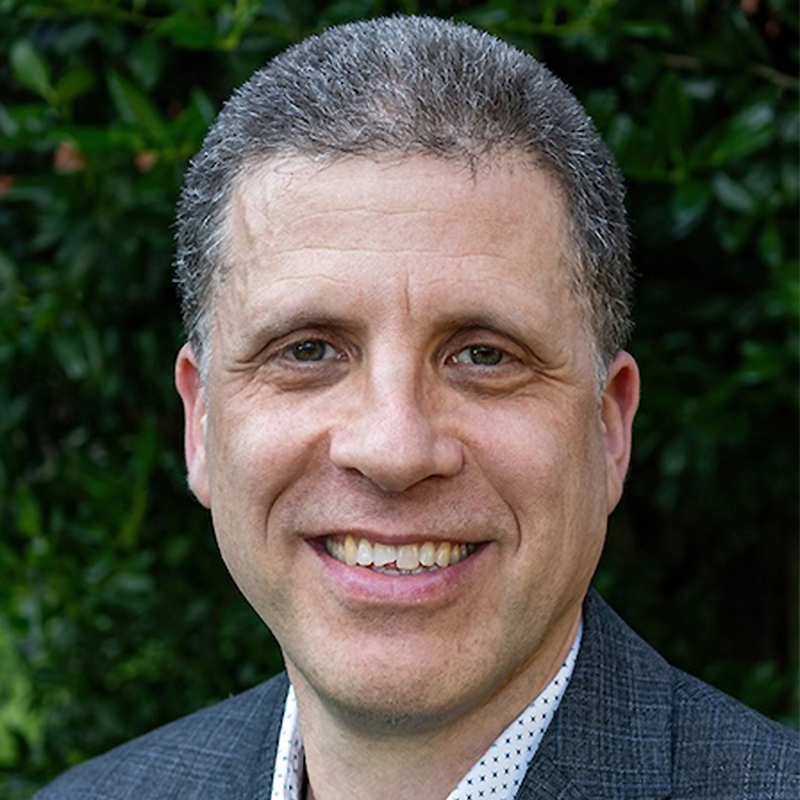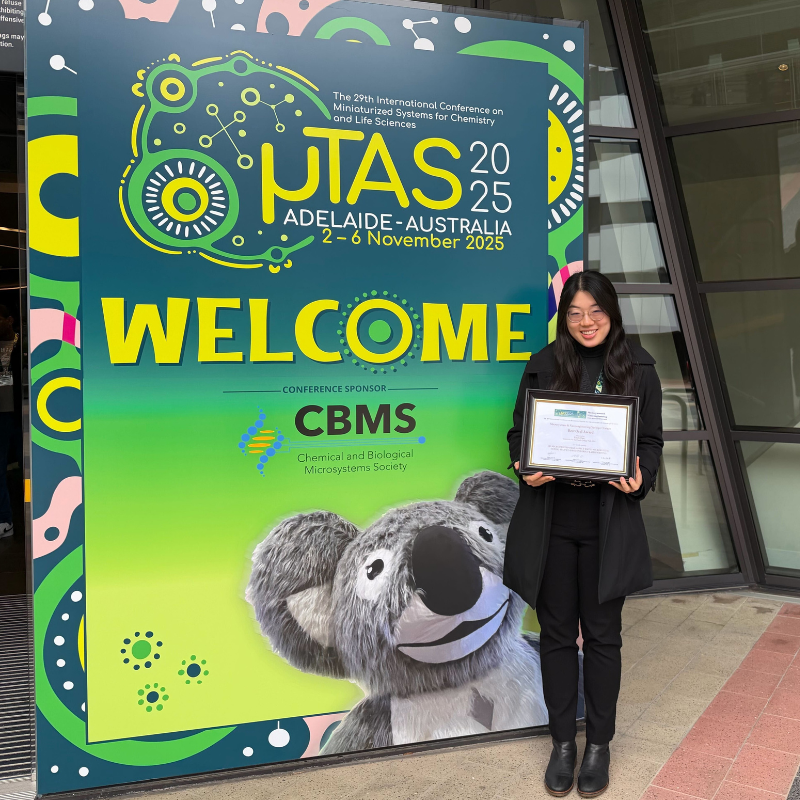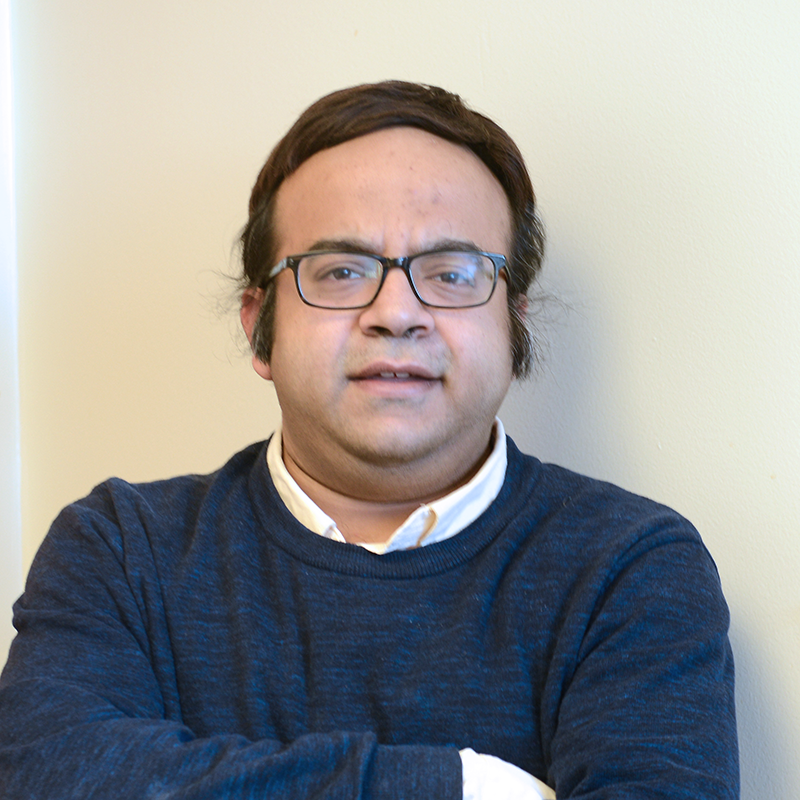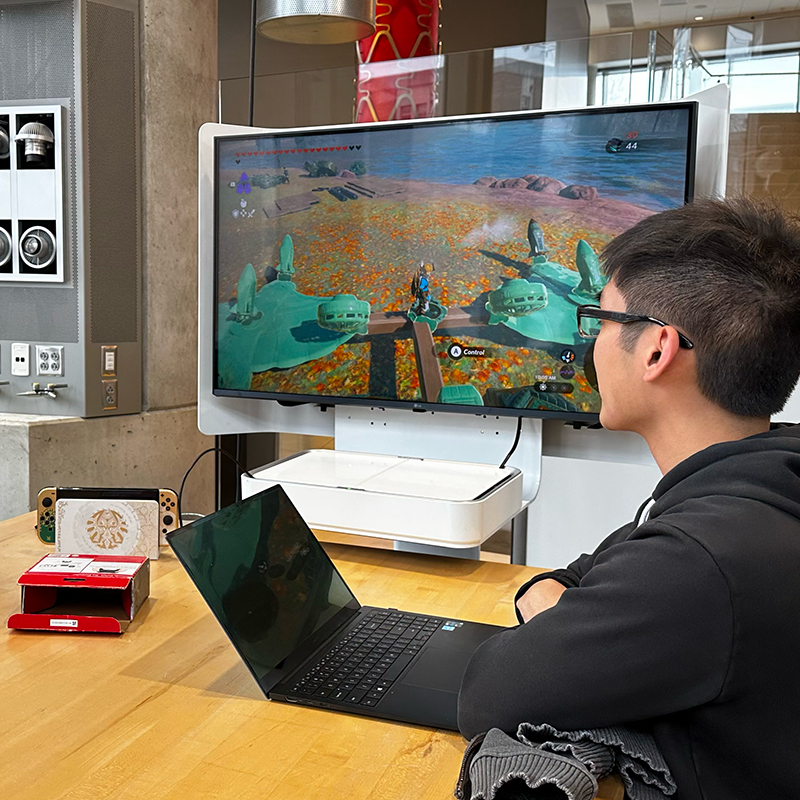News Story
Small Business, Big Experience
By Sara Kehaulani GooWashington Post Staff Writer
Monday, July 8, 2002; Page E01
Instead of taking the annual trek to New York for a Wall Street internship, a handful of University of Maryland MBA students this summer went after a different business experience -- on their own campus.
With jobs and internships scarce and plenty of companies in its backyard, the university has paired its MBA students with its own Technology Advancement Program, a business incubator that tries to turn technology ideas often started by university professors or students into profitable companies.
The graduate students serve as consultants to the companies, and often they are charged with making decisions that directly affect a young company's growth, a responsibility few business students assume as interns.
The incubator companies, in an office building near the College Park campus's entrance, often need some useful business advice but cannot afford to hire business school graduates, whose salaries can sometimes start at about $80,000.
Brett Rogers, a first-year MBA student who worked for a stock brokerage firm, said he was happy to land an internship at Lifetime Pharmaceuticals Inc., a 13-employee company at the incubator that is developing a new approach to treating cancer.
This summer, Rogers is charged with developing business opportunities and coming up with a valuation model for Lifetime, which is trying to raise $25 million from investors. The task is large, he said, and it seems especially so in a small company.
"Working directly with executives running a business like this is a unique opportunity, . . . something you can't find at very many other campuses," said Rogers, who earns $20 an hour.
Cherie Scricca, associate dean of the university's Robert H. Smith School of Business, said only half of the university's 222 first-year MBA students were able to find paying internships this summer.
With the job market tight and major corporate recruiters who were hot for MBAs just a year ago taking a hit themselves, students have had to think creatively about job opportunities.
Competition for the internships was intense. About 25 students applied for each internship at three companies in the incubator.
"Given the changes in the economy, students are forced to take a look at, basically, a broader array of what is available for them professionally," Scricca said.
Students also are considering smaller companies, government agencies and nonprofit organizations, she said.
The Technology Advancement Program incubator has a proven track record of producing technology companies that "graduate," or eventually sustain themselves and move out. Since 1985, when the incubator started with its first company, 43 companies have graduated and 10 have failed.
These smaller companies "provide some real possibilities for students . . . far beyond what Wall Street can offer them," Scricca said.
Nick Barber, a first-year MBA student with a degree in biology, said he was looking for an internship with a biotechnology company this summer but didn't see too many biotech companies hiring.
He said he was thrilled when he got the internship with Chesapeake PERL Inc., an incubator company that harvests caterpillars for the proteins they produce.
Barber, who wants to specialize in marketing, has been given the job of helping the company develop its first major marketing plan, weighing in on decisions about which competitors and potential customers the company should target.
"Thousands of companies are putting out products" in the biotech industry, Barber said, sitting in the lab where the caterpillars are frozen and labeled. Later, they are ground up and their parts filtered for proteins, which then are sold by the microgram to companies, including those that, for example, do gene research. "We need to figure out which companies and what products."
For other students, the incubator internship provides an alternative to the rat race of the corporate world.
"I didn't want to get sucked into Wall Street," said intern Soo-Kiat Loo, who worked as an auditor in his native Singapore before starting graduate school.
"I had enough of the long hours, up working until 2 a.m. and back to work at 8:30 a.m. You grow tired of it after a while. It's a change of pace."
At Advanced Thermal and Environmental Concepts Inc., [ME Prof. Michael Ohadi, CEO] which developed a technology to quickly cool large equipment such as radar systems and airplane engines, Loo is to review the company's books and decide how the firm should be structured as it gets more business and the owners consider going after venture capital funds.
"It would be somewhat of a gamble to bring someone in full-time because we don't have an established sales base," said John Lawler, president and technical director at Advanced Thermal, which has nine employees.
"We've already talked about having [Loo] work part-time in the fall and spring."
© 2002 The Washington Post Company
Published July 8, 2002









